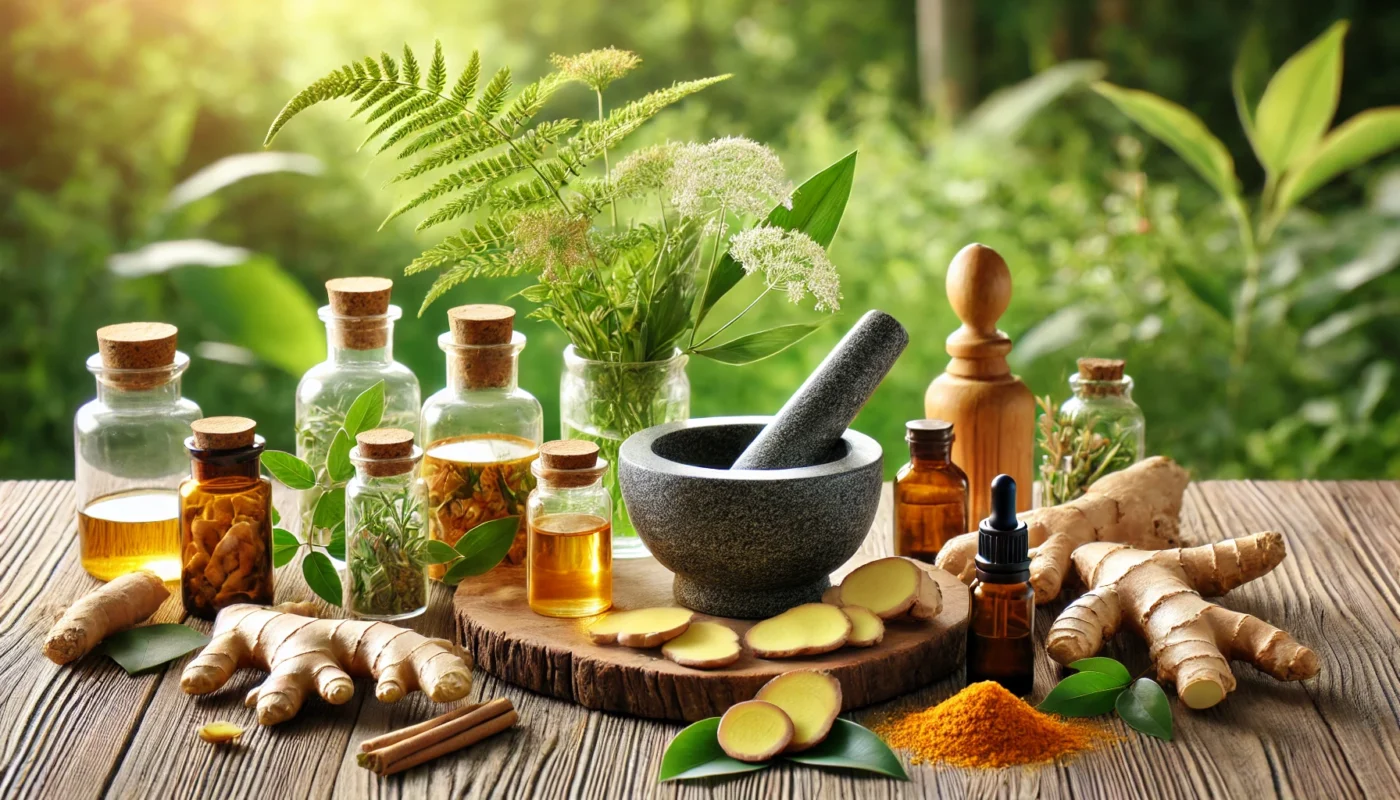Eating a diet rich in fruits and vegetables is one of the most effective ways to improve overall health and well-being. These natural, nutrient-dense foods provide essential vitamins, minerals, fiber, and antioxidants that support various bodily functions and protect against chronic diseases. Incorporating more fruits and vegetables into your daily meals can significantly impact your physical health, mental well-being, and long-term vitality. However, many individuals struggle with consuming the recommended daily intake due to various barriers such as taste preferences, convenience, and lack of knowledge about preparation methods. Understanding the benefits of these nutrient-rich foods and exploring practical strategies to incorporate them into daily meals can transform eating habits and promote long-term wellness.
Tag Archives: anti-inflammatory diet
Musculoskeletal pain is a common affliction that affects millions of individuals worldwide. Whether it’s due to arthritis, injury, or overuse, managing this kind of pain is crucial for maintaining a high quality of life. In this guide, we’ll explore the top medications for managing musculoskeletal pain, their effectiveness, and how they can be integrated into a holistic approach to health and wellness.
Arthritis is a broad term encompassing over 100 different types of joint-related conditions. Among the most common are osteoarthritis and rheumatoid arthritis, each presenting unique symptoms and challenges. While osteoarthritis results from wear and tear of the cartilage, rheumatoid arthritis is an autoimmune disorder where the body attacks its own tissues.
This comprehensive guide will explore various over-the-counter and holistic options available for pain management, providing you with a wealth of knowledge to make informed decisions about your health and well-being.
Navigating the world of pain relief can be an overwhelming experience, especially when faced with the vast array of medications available today. For those interested in learning more about pain medications that start with “At,” this article aims to provide a detailed and informative overview. We’ll dive deep into the mechanisms, uses, and potential side effects of these medications, offering valuable insights that can assist you in making informed decisions regarding your health and wellbeing.
Opioids are a class of drugs that include both prescription pain relievers, like oxycodone and morphine, and illegal drugs, such as heroin. These substances act on the nervous system to relieve pain, but they also carry a high potential for misuse and dependence due to their euphoric effects.
Before exploring holistic approaches, it’s essential to understand what arthritis entails. Two common types are osteoarthritis (OA) and rheumatoid arthritis (RA). OA is a degenerative joint disease, while RA is an autoimmune disorder where the body’s immune system attacks its joints.
The question “Is sugar inflammatory?” is crucial for anyone keen on optimizing their health. Understanding the inflammatory nature of sugar involves exploring its biochemical effects and the broader health implications. Scientific research has increasingly shown that sugar can indeed trigger inflammatory responses in the body.
Inflammation is the body’s natural response to injury or infection, designed to eliminate harmful stimuli and initiate the healing process. It’s a complex biological response involving various cells, proteins, and signaling pathways. Essentially, when your body senses an injury or pathogen, it releases chemicals that initiate an inflammatory reaction.
The concept of inflammation has been around since ancient times, with the Roman writer Celsus first describing the “cardinal signs” of inflammation: heat, redness, swelling, pain, and loss of function. Each of these signs serves as a vital communication tool, indicating how the body is responding to injury or infection. Let’s delve into each of these five cardinal signs, explore their significance, and discuss how they can guide us in managing inflammation holistically.










